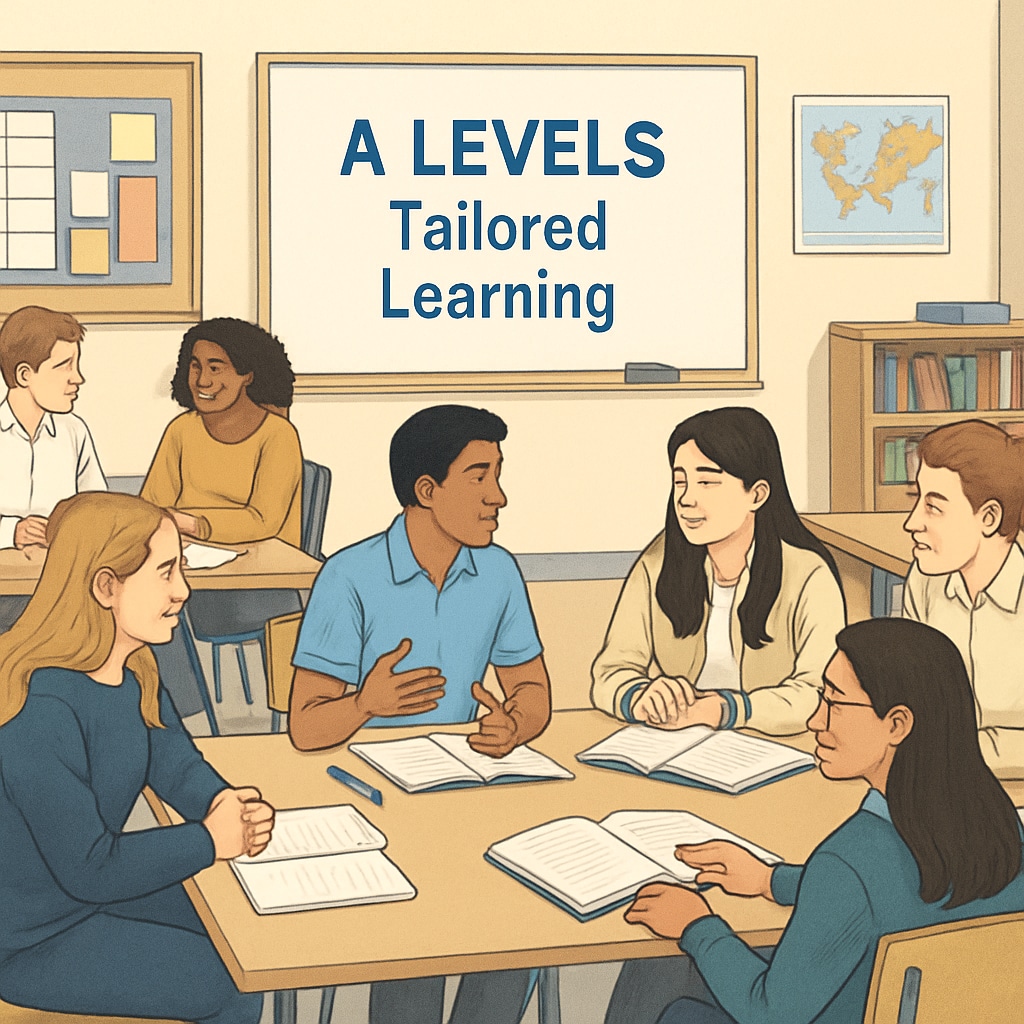The challenges of “education systems, exam pressure, A Levels, education reform” are a global concern, particularly in countries like Turkey, where the centralized exam system dominates academic life. Contrasting this with the UK’s A Levels model unveils critical insights into how exam structures impact student motivation and future readiness. This article examines the root issues of Turkey’s system and offers practical lessons from the A Levels framework to guide reforms that nurture talent and adaptability.
Understanding Turkey’s Centralized Exam System
Turkey’s education system relies heavily on centralized exams, such as the Higher Education Institutions Exam (YKS), which students must take to secure admission to universities. The YKS requires students to perform well across multiple subjects, regardless of their individual interests or strengths. While this approach ensures a standardized assessment, it also creates immense pressure, forcing students to spend years preparing for subjects they may not excel in or enjoy.
As a result, many students find themselves disengaged, with creativity and passion stifled under the weight of exam preparation. The system prioritizes rote memorization over critical thinking and deep understanding, leaving little room for personal growth or exploration of interests.

The A Levels Model: A Tailored Approach to Learning
In contrast to Turkey, the UK’s A Levels model offers students the freedom to specialize in subjects that align with their interests and career aspirations. Typically, students choose three to four subjects to study in-depth, allowing them to focus on areas they are passionate about while developing expertise. This personalized approach fosters intrinsic motivation and encourages students to take ownership of their education.
Additionally, the A Levels system emphasizes critical thinking, problem-solving, and analytical skills over rote memorization. The curriculum is designed to prepare students for higher education and career paths by cultivating transferable skills and adaptability—qualities essential for success in the 21st century.

Lessons for Turkey: Reforming the Education System
Turkey can draw valuable lessons from the A Levels model to reform its centralized exam system. Here are potential pathways for change:
- Specialized Subject Selection: Allow students to choose subjects based on their interests and career goals, reducing unnecessary pressure and fostering engagement.
- Focus on Critical Skills: Shift curriculum priorities towards critical thinking, creativity, and problem-solving, preparing students for future societal needs.
- Continuous Assessment: Replace high-stakes exams with a blend of coursework and smaller assessments to reduce stress and encourage consistent effort.
- Teacher Training: Equip educators with the tools to support personalized learning approaches and foster a growth mindset among students.
By adopting these reforms, Turkey can create an education system that values individuality and adaptability, unlocking the potential of its students to thrive in an ever-changing world.
The Broader Implications of Education Reform
Education systems play a vital role in shaping future generations. An overemphasis on standardized testing, as seen in Turkey, risks producing graduates who lack the creativity and flexibility needed to tackle modern challenges. Conversely, tailored systems like A Levels demonstrate the power of aligning education with individual strengths and societal needs.
Countries across the globe can benefit from examining successful models, adapting practices to their cultural and economic contexts, and prioritizing reforms that empower students to reach their full potential.
Readability guidance: Use concise paragraphs and clear lists to summarize key points. Incorporate examples and transitions like “however,” “for example,” and “as a result” to enhance flow. Balance active and passive voice to maintain engagement throughout the article.


